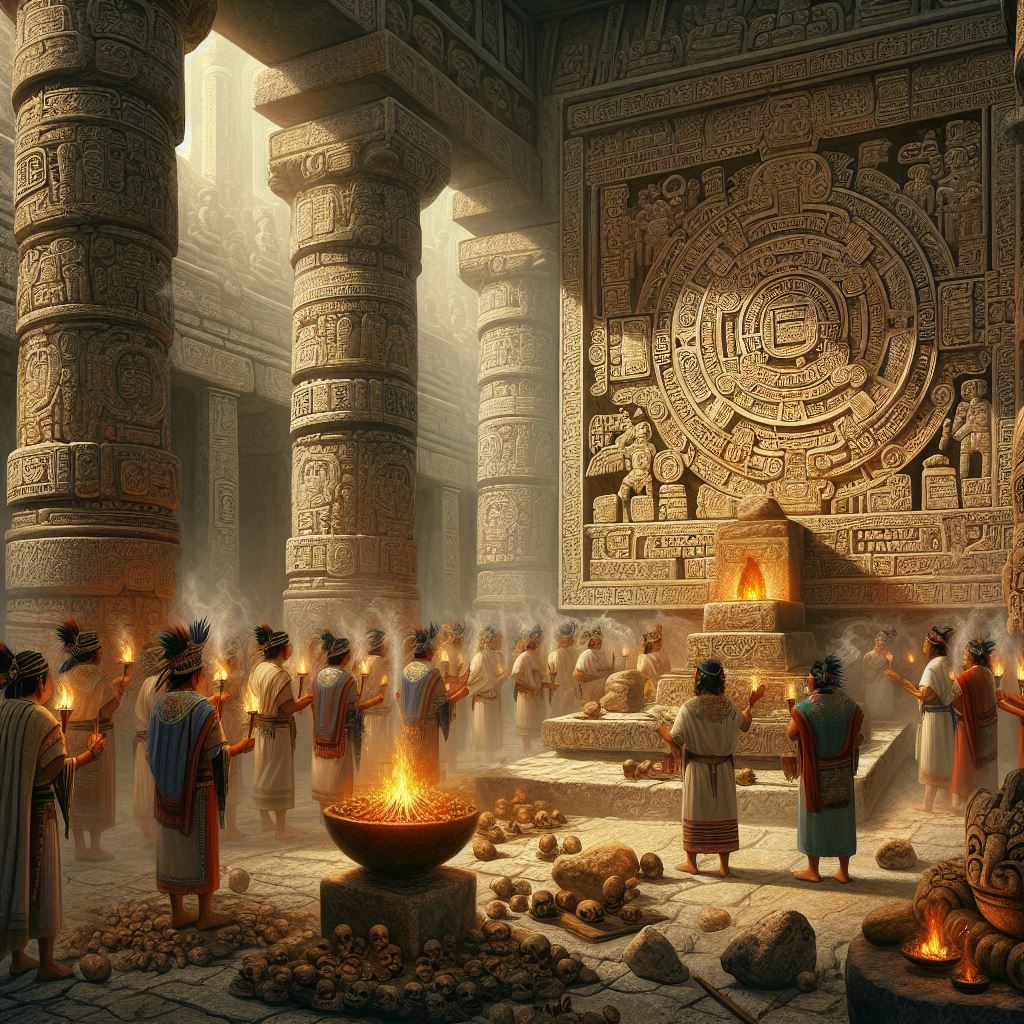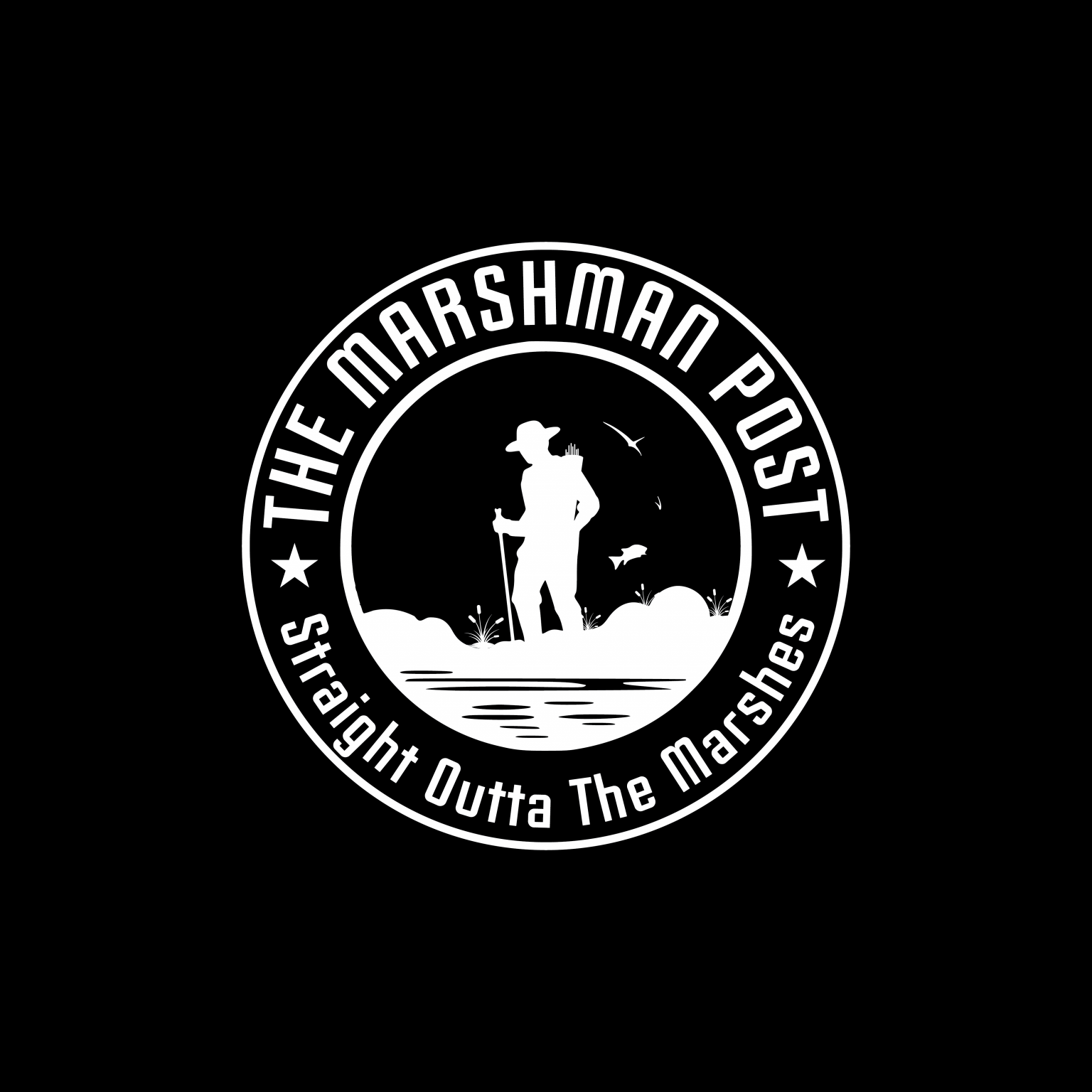Forget your Sun signs and rising moons. The whispers in wellness circles and the murmurs on social media all point towards a new astrological compass guiding the lives of the modern, self-aware set: Mayan astrology. This ancient system, practiced by the sophisticated Mayan civilization that flourished in Mesoamerica (present-day Mexico, Guatemala, Belize, Honduras, and El Salvador) for over 3,000 years, is experiencing a renaissance.
But what exactly is Mayan astrology, and why is it capturing the imaginations (and Instagram feeds) of celebrities, millennials, and even seasoned astrologers alike? This isn’t just another fad. Unlike Western astrology’s focus on twelve zodiac signs, the Mayan system boasts a more intricate framework, rooted in the cyclical nature of time and the profound connection between humanity and the cosmos.
A universe of cycles: the Mayan cosmos
Understanding Mayan astrology necessitates a peek into the fascinating worldview of this ingenious civilization. The Maya, renowned astronomers and mathematicians, developed a complex calendar system unlike our Gregorian calendar. Their system consisted of two interlocking calendars: the Haab’ (365-day solar calendar) and the Tzolkin (260-day sacred calendar). The Tzolkin, of particular interest in astrology, is comprised of 20 solar days (known as kin) and 13 galactic tones. This intricate dance of days creates a 260-day cycle, after which the pattern repeats but with a different starting point.
Each kin within the Tzolkin cycle possesses a unique name and glyph, often depicting animals, natural elements, or deities. These glyphs represent energies and archetypes that influence not just individuals, but also the collective consciousness. For instance, the first day, “1 Imix,” signifies new beginnings and creative potential, while “7 Ajaw” embodies leadership and transformation.
Your Mayan archetype
Unlike Western astrology’s focus on your Sun sign based on your birth date, Mayan astrology delves deeper. To determine your Mayan sign, you need both your birth date and the corresponding Tzolkin day. Websites and apps dedicated to Mayan astrology can help with this calculation.
Your Mayan sign, or “ajaw,” represents your core essence, your strengths and weaknesses, and the path you’re destined to walk. For example, someone born on a “3 Cimi” day might possess an intuitive, artistic nature, while a “9 Ik” individual could be known for their analytical mind and leadership qualities.
Aligning with cosmic energies
The allure of Mayan astrology for many lies in its holistic approach. It goes beyond predicting the future and delves into understanding your life purpose and aligning yourself with the cosmic flow. By understanding the energies associated with your ajaw and the current Tzolkin cycle, you can leverage these forces to navigate challenges, make informed decisions, and maximize your potential.
Take, for instance, someone born on a “4 Kan” day, known for their stabilizing and grounding energy. During a Tzolkin cycle dominated by the “6 Caban” energy of movement and change, the “4 Kan” individual might be advised to embrace flexibility while maintaining their core values.
Decoding the appeal
So, why is Mayan astrology resonating particularly with millennials? There are several factors at play. Firstly, millennials, often labeled “hustle culture” participants, are increasingly seeking meaning and purpose beyond career success. Mayan astrology, with its emphasis on personal growth and alignment with the cosmos, offers a framework for self-discovery that resonates with this generation’s quest for authenticity.
Secondly, the system’s complexity and depth provide a refreshing alternative to the perceived simplicity of Western astrology. Millennials, known for their thirst for knowledge and intellectual exploration, find the intricate Mayan calendar and its glyphs fascinating to explore.
Social media also plays a significant role. Platforms like Instagram and TikTok are abuzz with Mayan astrology content, from influencers sharing their ajaw to creators offering insights into the current Tzolkin cycle. This digital ecosystem fosters a sense of community and shared understanding, further fueling the trend.
Beyond the hype
However, it’s crucial to approach Mayan astrology with a healthy dose of skepticism. While the system boasts a rich history and complex framework, there’s a lack of readily available academic research compared to Western astrology. Furthermore, interpretations of the glyphs and their associated energies can vary significantly depending on the source.
Mayan astrology and the modern self
Despite the cautionary notes, Mayan astrology offers a valuable bridge between the ancient wisdom of the Mayan civilization and the anxieties and aspirations of the modern self. In a world obsessed with instant gratification and fleeting trends, Mayan astrology encourages introspection, a deeper connection with nature, and a sense of belonging to a larger cosmic order.
A call for cultural appreciation
The rise of Mayan astrology also presents an opportunity for cultural appreciation. Delving into this system necessitates exploring the rich history and belief systems of the Mayan people. This can lead individuals to discover more about Mesoamerican art, architecture, and mythology, fostering a deeper understanding of this remarkable civilization.
Integration and innovation
As with any evolving system, Mayan astrology is likely to continue adapting in the modern context. We might see a fusion of Mayan and Western astrological practices, offering a more nuanced understanding of celestial influences. Technology can also play a role. Interactive apps and educational platforms can make Mayan astrology more accessible to a wider audience.
A Journey of self-discovery
Whether you’re a seasoned astrology buff or a curious newcomer, Mayan astrology offers a unique lens for self-exploration. It’s a system that encourages us to move beyond the limitations of our birth date and embrace the dynamic interplay of energies that shape our lives. While skepticism is warranted, the potential for personal growth and a deeper connection to the cosmos makes Mayan astrology a journey worth embarking on. So, step into the fascinating world of the Maya, discover your ajaw, and begin deciphering the unique dance of destiny woven for you by the ancient cosmos.
Photo credit: René Cortin – Flickr – Wikimedia Commons


